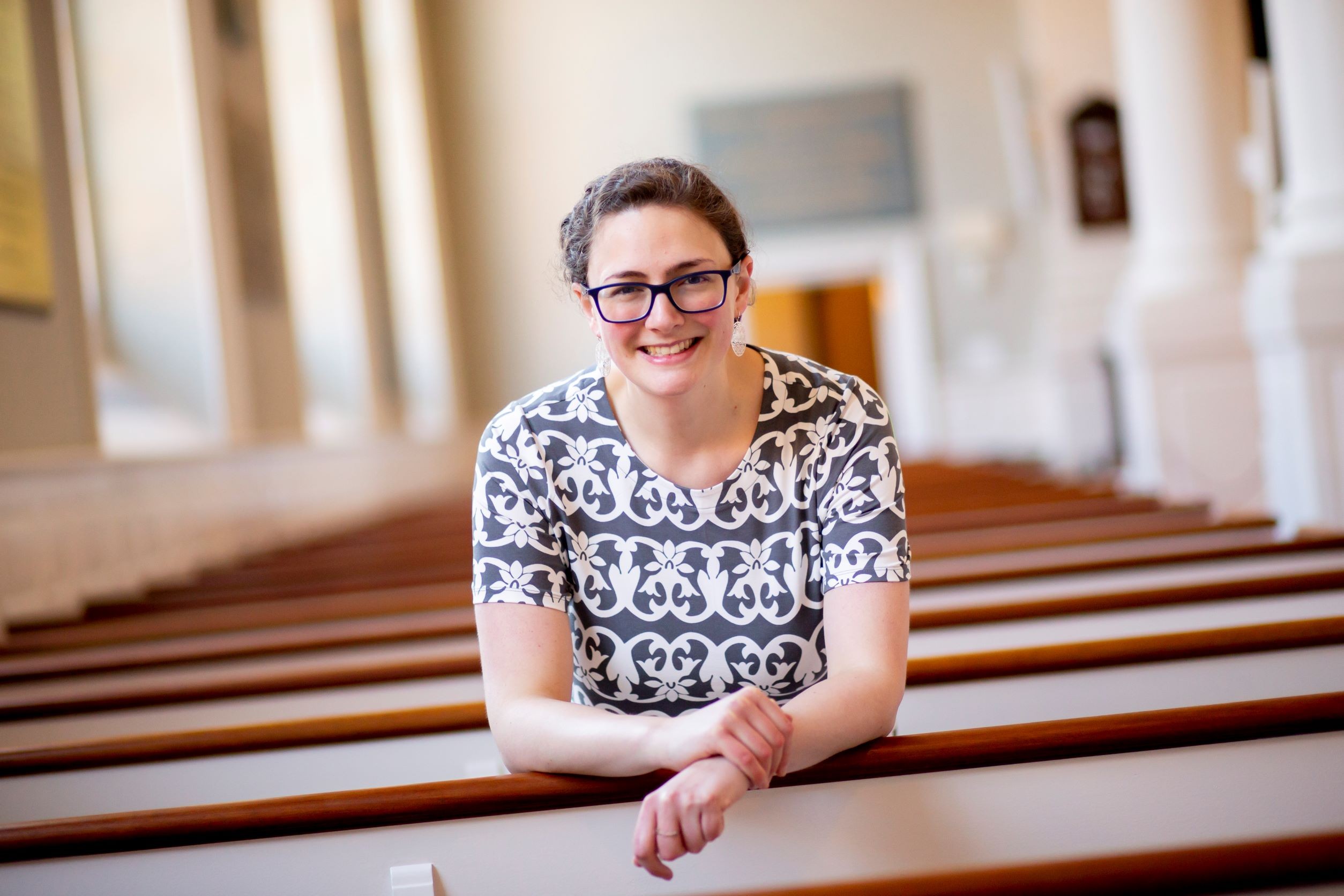David Center for the American Revolution Seminar: "In the Eye of Enmity”: Censoring and Celebrating the Declaration of Independence in London" with Emily Sneff

The fourth 2022-2023 David Center for the American Revolution Seminar will take place April 12, 2023 at 3:00 p.m. ET on Zoom.
The speaker will be Emily Sneff. Emily Sneff is a Ph.D. Candidate at William & Mary and the Cincinnati Barra Dissertation Fellow at the McNeil Center for Early American Studies for 2022-23. Her dissertation, When Independence was Declared, examines the dissemination of the Declaration of Independence around the Atlantic world in 1776. Before graduate school, Emily was the Research Manager of the Declaration Resources Project at Harvard University. Emily received her B.A. in History from Johns Hopkins University in 2011 and her M.A. in History from William & Mary in 2019.
Sneff will be presenting her paper "'In the Eye of Enmity': Censoring and Celebrating the Declaration of Independence in London."
A description of the paper is below. The paper will be pre-circulated to registered participants in advance of the seminar meeting.
To attend the seminar and to receive a copy of the paper, please register via Zoom.
The David Center for the American Revolution Seminar serves as a forum for works-in-progress that explore topics in the era of the American Revolution (1750-1820). Questions about the series may be directed to Adrianna Link, Head of Scholarly Programs, at [email protected].
NOTE: Seminars are designed as spaces for sharing ideas and works still in-progress. For this reason, this event will not be recorded.
'In the Eye of Enmity': Censoring and Celebrating the Declaration of Independence in London
The Declaration of Independence appeared in almost every London newspaper in the span of a few days in mid-August 1776. But London printers and editors made content choices that dictated how readers understood the independence, sovereignty, and permanency of the United States, in Britain but also as London newspapers were copied and translated across Europe. In the majority of these newspapers, the Declaration of Independence was labeled a declaration of war and contextualized with mis- and disinformation, and in half of these papers, the text was censored and edited to take the blame off King George III. Contradicting and confusing rumors meant to undermine the independent United States spread alongside the Declaration—for example, one suggested that John Hancock and George Washington did not support independence, another claimed that Hancock had made himself and Washington knights in the new “Order of Independency.” Within four days of the first London printing of the Declaration of Independence, a “Reply” to the Declaration of the “Disunited States in America,” parodying the original text, appeared in the Morning Post. Meanwhile, two pro-independence printings of the Declaration of Independence appeared in London: the August 24 issue of The Crisis, which prefaced the text by praising the “BRAVE, FREE, and VIRTUOUS Americans,” and a broadside of the text ornamented with an engraving of John Hancock. These two printings are evidence of popular support for the United States in the British metropole, including Britons as well as Americans living in London. Breaking down the timing of the publication of the Declaration of Independence in London helps to explain the actions of some of these men, including Edward Bancroft, who became a double agent the same week the Declaration was printed in the newspapers, and Arthur Lee, who decided to travel to Paris to connect with the Continental Congress’ newly-arrived agent in France, Silas Deane. This work-in-progress draws from two chapters in my dissertation, When Independence was Declared, which focuses on the months when the founding document of the United States was breaking news.
